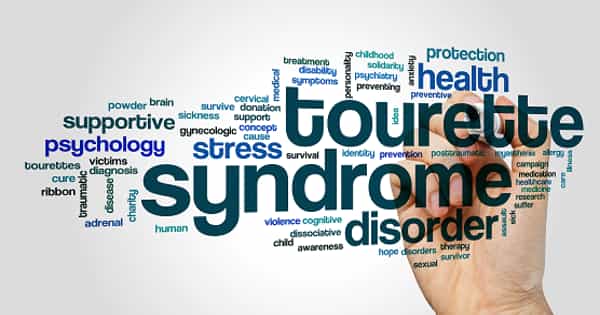Tics are rapid, repetitive muscle movements that cause sudden, difficult-to-control body jolts or sounds. They are fairly common in childhood and usually appear around the age of five. They can, on rare occasions, begin in adulthood. Tics are usually not serious and improve with time. However, they can be inconvenient and interfere with daily activities.
According to a recent study, researchers warn that a new wave of Tourette’s syndrome cases may be linked to social media content. A concerning new trend is sweeping TikTok. Unlike previous trends such as the milk crate challenge or anti-vaxxer nonsense, this one has doctors concerned about the neurological health of children.
According to Motherboard, a growing number of TikTok users — primarily girls and young women — appear to have developed tics similar to Tourette syndrome during the pandemic. In the absence of any other clear causes, experts are blaming the stress of isolation and the COVID-19 pandemic in general, as well as social media exposure to others displaying the tics.
An alarming new trend is spreading across TikTok. And unlike previous trends like the milk crate challenge or anti-vaxxer nonsense, this one has doctors concerned for kids’ neurological health.
“It’s an epidemic within the pandemic,” University of Calgary neurologist Davide Martino told Motherboard.
According to a research team led by Dr. Kirsten R Müller-Vahl at Hannover University Medical School, an increasing number of videos have recently been released on social media platforms such as YouTube, TikTok, and Instagram showing people who claim to have Tourette’s syndrome — a childhood-onset chronic combined motor and vocal tic disorder. Tourette syndrome, first identified by French neurologist Gilles de la Tourette in the nineteenth century, is chronically underdiagnosed but remains the most well-known childhood tic disorder.
Teens developing tics from watching videos online may seem far-fetched, but scientists are taking it very seriously — research published in the journal Movement Disorders last month shows an international explosion in cases of tics among girls aged 12 to 25 during the pandemic.

This highlights an important distinction between Tourette Syndrome and what TikTok users are going through. Tourette syndrome affects people at a younger age, is more prevalent in boys, and causes less severe tics. Furthermore, many of those who reported these newer tics also reported having anxiety or mood disorders.
Because of these distinctions, researchers coined the term “functional tic-like behaviors” to describe the sudden onset of new symptoms. According to experts, this distinction does not make the symptoms any less real. Tics can occur at any time and may be triggered by stress, anxiety, tiredness, excitement, or happiness. They tend to worsen when they are discussed or focused on.
Dr. Muller-Vahl and her colleagues came to the conclusion that they were dealing with what they called “mass social-media-induced illness” based on what they saw (MSMI). While mass psychogenic illness has a long and varied history, including the “dancing manias” that occurred in mainland Europe between the 13th and 17th centuries, the Tanganyika laughter epidemic in 1962, and the 1983 West Bank fainting epidemic, among many others, they all involved “index cases” in which the illness first appeared and was then spread primarily through word-of-mouth. As a result, these epidemics were largely limited to specific geographical areas, with little spread beyond that.
“They can’t stop, and we’ve seen it firsthand,” Martino said. “Some of the patients and families we speak with are desperate; we need compassion and dedication to help them.”
In fact, the current COVID-19 pandemic is causing more stress than ever before, with lockdowns, social isolation, and health concerns. According to Muller-Vahl and her colleagues, this type of stress may encourage more people than ever to embrace Tourette’s and other well-publicized conditions as a way of seeking attention.















